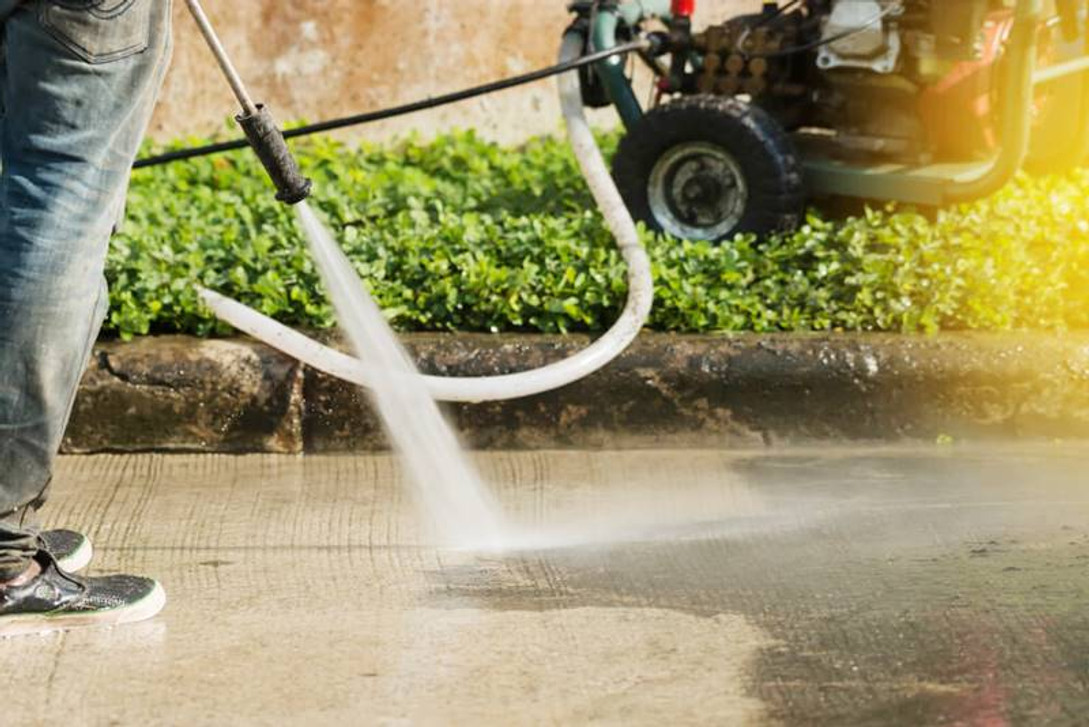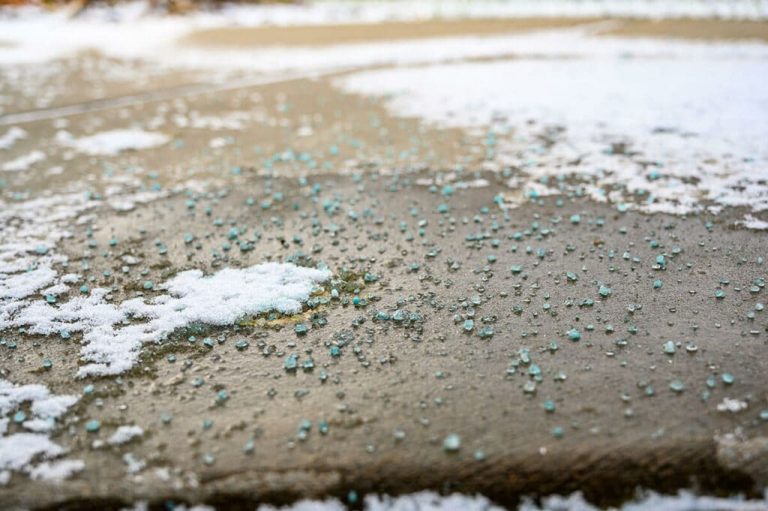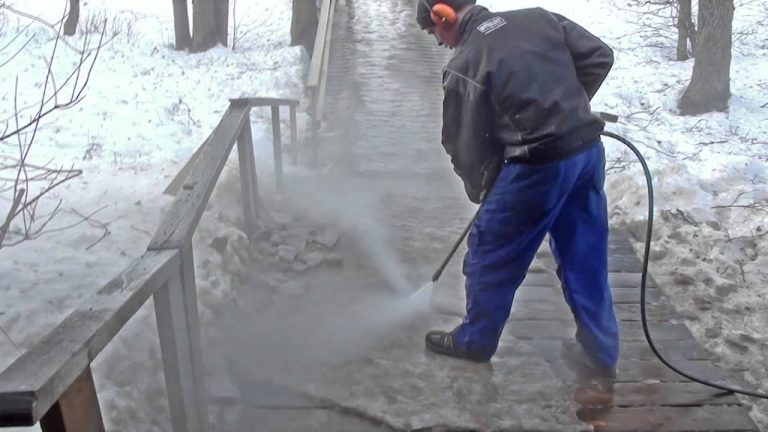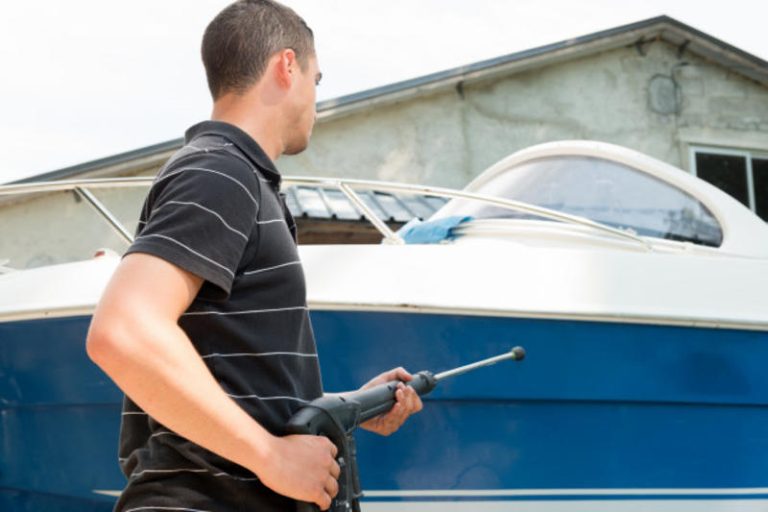
If you’ve ever thought about cleaning the exterior of your home, deck, driveway, or even your roof, you’ve probably come across the terms power washing and pressure washing. At first glance, they sound like the same thing—and people often use them interchangeably. But there are some key differences between the two that are worth understanding before you rent a machine or hire a professional.
💧 The Basics of Both
Power washing and pressure washing both rely on water being sprayed at high pressure to clean surfaces. This high-pressure water stream can blast away years of dirt, grime, mold, mildew, algae, and even some loose paint. Both methods are commonly used for outdoor cleaning, including:
- Driveways and sidewalks 🛣️
- Decks and patios 🌞
- Siding and brick walls 🧱
- Fences and gates 🚪
But here’s where the two start to diverge.
🔥 Power Washing: Hot Water Makes a Big Difference
The defining characteristic of power washing is the use of heated water. The water in a power washer is heated before it’s sprayed, which helps it break down sticky or greasy residues more effectively. Think of it like washing dishes—hot water works better for greasy pans than cold water.
Because of the heat, power washing is especially effective for:
- Grease-stained driveways
- Mildew-covered siding
- Salt and mold on boats or outdoor gear
- Tough-to-remove chewing gum on sidewalks
However, that added heat can also increase the risk of surface damage if you’re not careful. Power washing isn’t always suitable for delicate surfaces like soft wood or aged brick.
🧊 Pressure Washing: Power Without the Heat
Pressure washing is the same concept—blasting surfaces with high-pressure water—but without the added heat. It still gets the job done for most common cleaning tasks, particularly where grease or oil isn’t a major issue.
Because there’s no heat involved, pressure washing is often safer for:
- Wooden decks
- Vinyl siding
- Outdoor furniture
- Screened enclosures
That said, pressure alone can still be powerful enough to cause damage if misused. The wrong nozzle or distance can gouge wood or leave streaks on softer materials.
🎯 Which One Should You Use?
Choosing between the two often depends on what you’re cleaning. If you’re dealing with stains, oils, or heavy mildew, power washing is the better option. If it’s just general dirt and grime, pressure washing should be sufficient.
💡 Pro tip: When in doubt, consult a professional. They’ll know which method is safest and most effective for your particular job.
Browse Amazon Here For Top Rated Power Washers And Accessories






